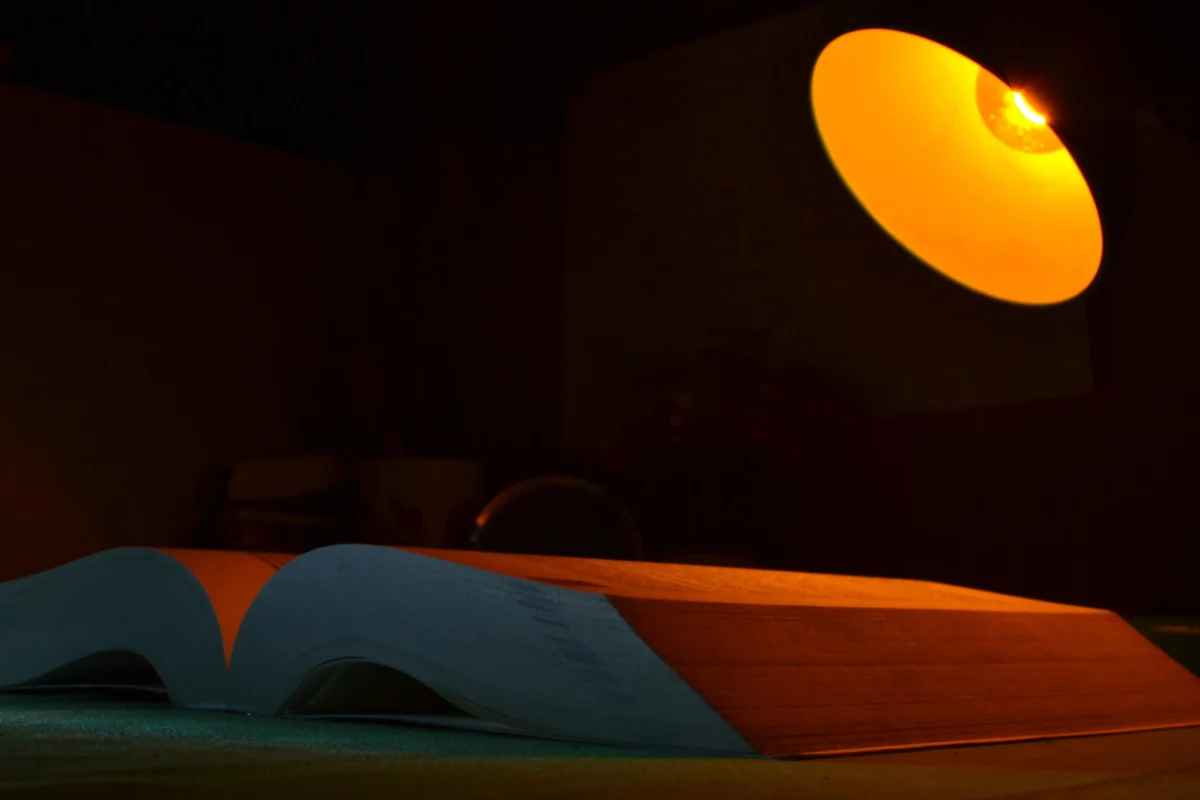Picture this: a thunderstorm rages outside, and you’re contemplating a refreshing shower. But wait, is it safe to shower during a thunderstorm? You might’ve heard warnings from your parents or seen alarming headlines, but how much truth is there to these claims?
Understanding the Risks of Showering During a Thunderstorm
If you’re a homeowner and a home builder, you know that safety is crucial during thunderstorms. Understanding the risks can help you make informed decisions to protect yourself and your home.
Why Water and Electricity Are a Dangerous Combo
Water conducts electricity efficiently. When lightning strikes, the electric current can travel through your home’s plumbing system. Showering during a thunderstorm exposes you to this risk. You stand a higher chance of electric shock when using water outlets like showers or faucets during these times.

Actual Incidents of Electrocution During Thunderstorms
There are documented cases of electrocution from showering during thunderstorms. The CDC reports multiple incidents where lightning traveled through plumbing, resulting in serious injuries or fatalities. This risk is real and underscores the importance of staying out of the shower during thunderstorms. Your home’s safety design should include grounding and surge protection to mitigate these risks.
The Science Behind Electrical Currents in Storms
Thunderstorms generate electrical currents that can travel through homes. Understanding how this happens can help you design safer homes.
How Lightning Travels Through Plumbing
Lightning strikes can connect with your home’s plumbing. Metal pipes conduct electricity, directing the current through your water system. During storms, avoid using fixtures to reduce shock risk.
Assessing the Probability of Lightning Strikes to Homes
The probability of a lightning strike hitting your home depends on location and design. Homes in open or elevated areas have higher strike risks. Installing a lightning rod and surge protectors can improve safety. Consider these elements in your home design.
Safety Tips to Follow During Thunderstorms
Understanding how to stay safe during thunderstorms is crucial for every homeowner and home builder. Knowing what activities to avoid and what measures to implement can save lives.
When to Avoid Showering and Other Activities
Avoid using any plumbing during a thunderstorm. Water conducts electricity effectively, increasing the risk of electric shock. Refrain from showering, washing dishes, or doing laundry. Also, avoid using electronic devices plugged into wall outlets. Cases of electrocution through plumbing systems are real and dangerous.
Alternative Safety Measures in the Home
Install lightning rods to direct electrical currents safely into the ground. Use surge protectors to shield electronic devices from sudden surges. Ensure your home’s plumbing includes non-metallic options like PEX or plastic pipes to reduce risk. Add grounding systems to divert electrical currents effectively. Regularly inspect and maintain these safety measures to ensure their functionality.
Debunking Myths About Showering in Thunderstorms
Sometimes myths about showering during a thunderstorm can create confusion. Let’s break down common misconceptions.
Fact vs. Fiction in Common Beliefs
Some believe showering during a thunderstorm is harmless. In reality, it’s dangerous. Water conducts electricity efficiently, increasing the risk of electric shock. Plumbing systems made of metal can carry lightning currents, putting you at risk.
Another myth states that modern homes are safe from electrical paths during thunderstorms. Although newer homes may have non-metallic pipes, these systems can’t fully eliminate risk. They reduce it but don’t guarantee complete safety.
Conclusion
While it might seem like an old wives’ tale, the risk of showering during a thunderstorm is very real. Water’s excellent conductivity means that lightning can travel through plumbing systems, posing a significant danger.
« Unlock Positive Energy: Ultimate Guide to Perfect Feng Shui TV Placement in Your Home
Taking simple precautions like avoiding plumbing use and installing safety measures such as lightning rods and surge protectors can go a long way. Regularly inspecting these systems ensures they remain effective in keeping you safe.
Remember, it’s always better to be safe than sorry. So next time a storm rolls in, maybe skip the shower and wait until the skies have cleared. Your safety is worth it!



